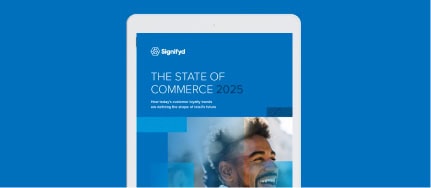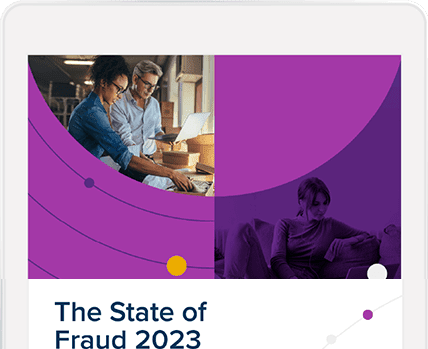There are few faster ways for ecommerce merchants to lose a sale than for a customer to become frustrated at checkout — the very moment a willing customer is specifically willing to pay the merchant money for something they want or need.
This, American Express knows. The card network recently instituted a relaxed AMEX CID (card identification number) chargeback policy that means consumers will have an easier time during that perilous checkout stage in which they need to furnish their card details on a digital site.
As a senior chargeback analyst at Signifyd, I live for following these sorts of changes, which card network brands periodically issue to better serve their customers. In my role, I understand the importance of card network brands having rules in place. They’ve devised the rules to help protect their users — both the cardholder and merchant — and the integrity of the card brands in general. Each card brand has devised similar rules which provide fair practices among card users, issuing banks and merchants.
The Amex CID chargeback policy is meant to ensure fairness
However, while the rules are devised to ensure fair practices, they still face the challenge of customers who use the rules to abuse the system.
That’s why an important part of my role on the Signifyd Chargeback Team is to stay up to date with the latest rule changes and provide feedback to the card brands when something isn’t working or rules are being abused. That helps the card brands in their effort to keep providing an integral service to their merchants.
At Signifyd we need to always make sure we are using the rules to the best of our ability to fight unfair chargebacks that are raised against our merchants in order to help combat losses.
CID mismatches led to consumer inconvenience and cart abandonment
So, why this latest change? American Express continually seeks feedback from their customers in order to keep making positive changes to financial products and services. Many of their business merchants were telling them that their customers were having a negative checkout experience when the Card Identification Number (CID) entered on an order failed to match the CID embossed on the customer’s card and on file with the card issuer. When CID mismatch happens, the customer has to re-enter all their card details again. Some abandon their cart altogether instead. Merchants asked American Express if it could make the checkout experience simpler while also providing some sort of protection in the worst-case scenario: The cardholder raising a false fraud chargeback with their issuing bank.
On April 12, AMEX unveiled a new CID chargeback policy. It says that if a merchant receives a valid authorization on a card-not-present transaction and that transaction turns out to be fraudulent, the American Express issuing arm will write off the fraud and prevent the chargeback from being sent to the merchant under specific circumstances. The policy applies to cases in which the merchant obtained a valid authorization and then attempted to validate the CID and the response it received was either “no match,” an “unchecked” or a “no response.”
New CID rules come with a fraud liability shift
In other words, under those circumstances, the fraud liability will be shifted and the chargeback will not count against the merchant’s chargeback rate.
Merchants can now feel confident submitting approved CID mismatches knowing they now enjoy a liability shift to American Express for orders that turn out to be fraudulent. The hope is that the policy change will help increase merchants’ sales and profitability because fewer customers will be inclined to abandon their carts when the CID does not match. With a smoother checkout process, the customer will be more likely to buy from the merchant in the future.
At Signifyd, we hope to see less friction when a customer is purchasing using an American Express Card from one of our many merchants if the transaction should fail due to a CID mismatch.
The AMEX chargeback policy now gives merchants peace of mind and consumers added convenience
Now our merchants’ payment processors should automatically put through the transaction without the cardholder having to complete the transaction in full again. With fraud pressures currently on the rise, our merchants will feel at ease knowing that their checkout process has been better for their customers with the added protection of the liability shift should the order result in a fraud chargeback due to CID mismatch. With Signifyd providing a chargeback guarantee on both fraud and consumer abuse chargebacks, merchants can set chargeback worries aside.
At Signifyd, we’re mindful of the new Amex CID chargeback policy. We have altered how we detect those chargebacks. Should a chargeback arise out of a CID mismatch for any of our merchants, we are ready to present evidence that our merchants have completed their due diligence by checking the CID at checkout. We want to make sure that American Express protects our merchants in this one area with the same vigor that we at Signifyd protect them throughout the shopping journey.
Want maximum peace of mind when it comes to chargebacks? Let’s talk.









